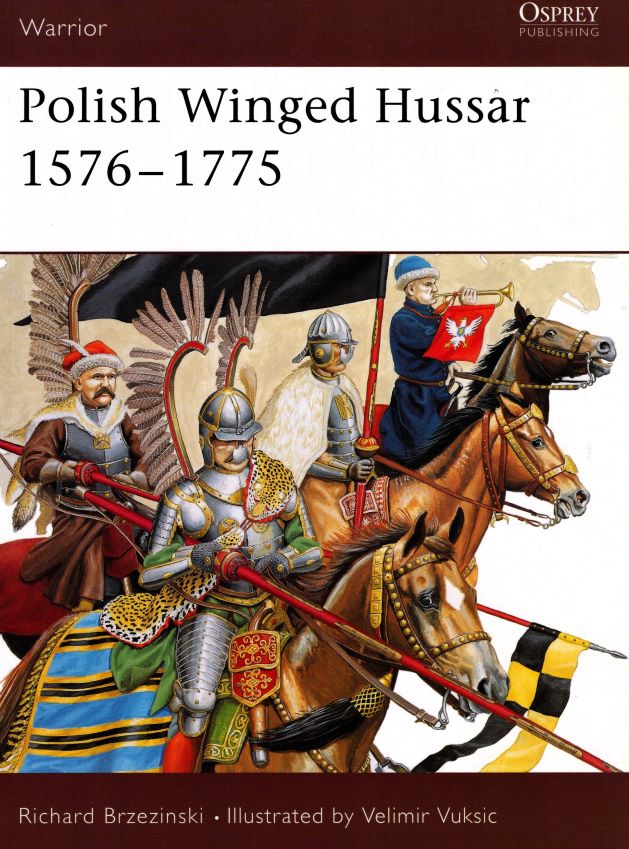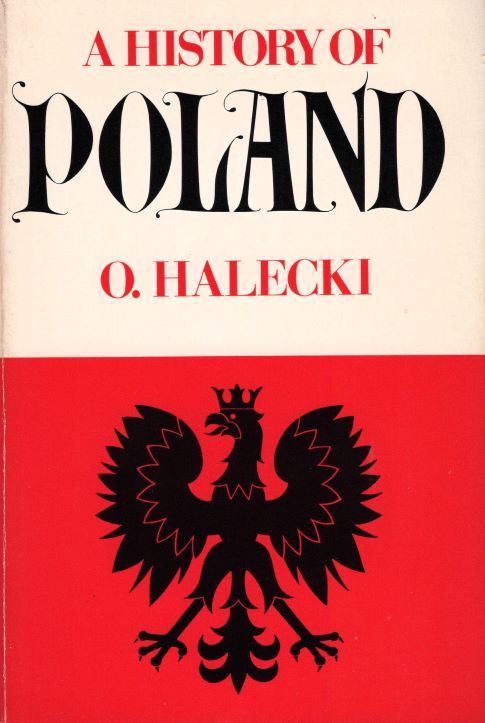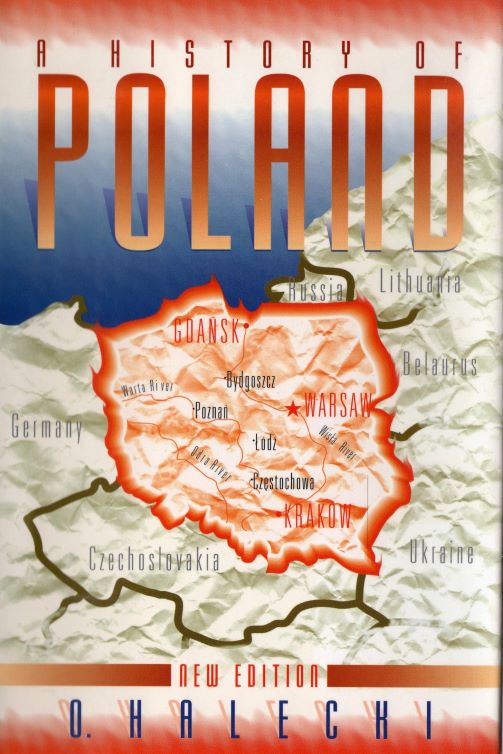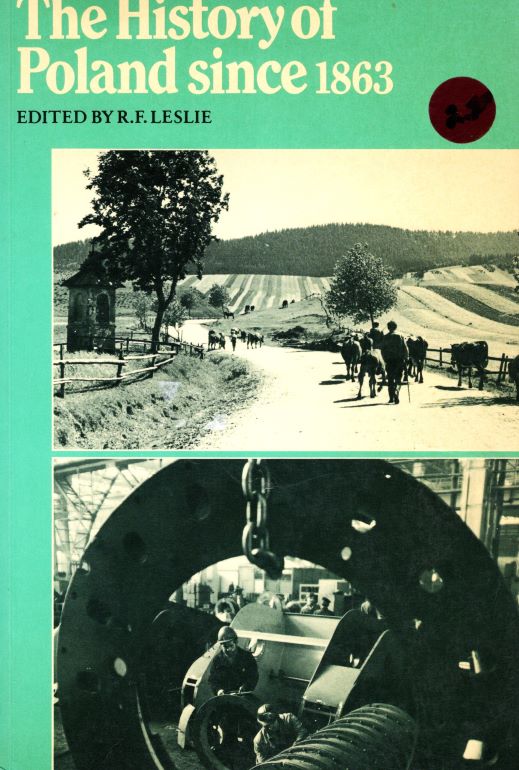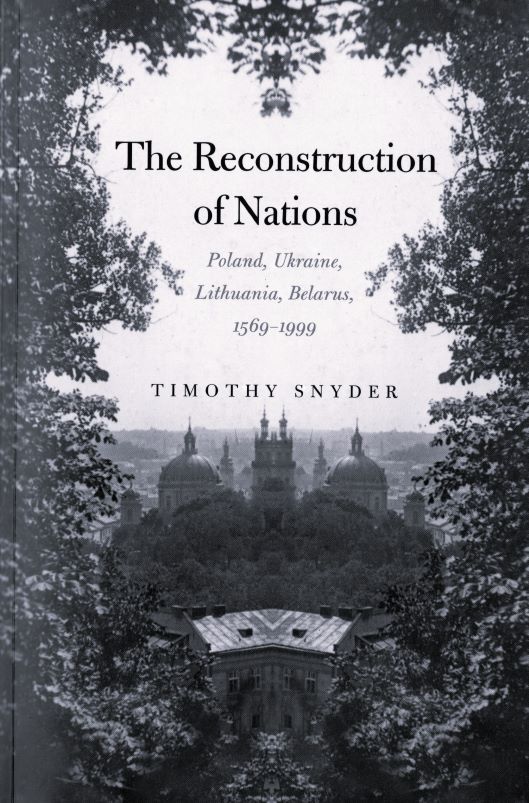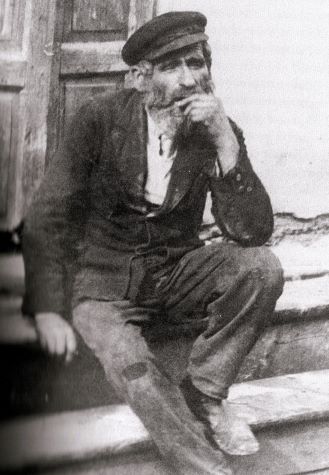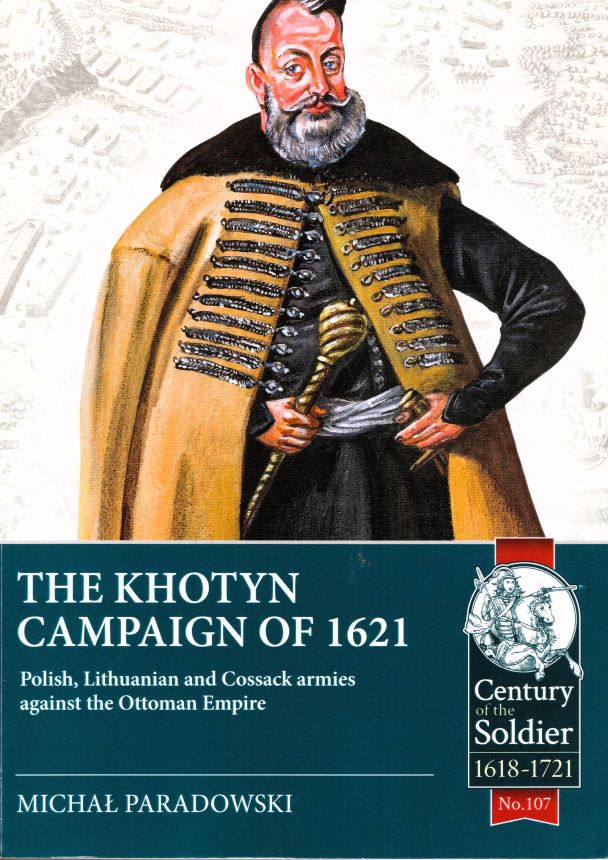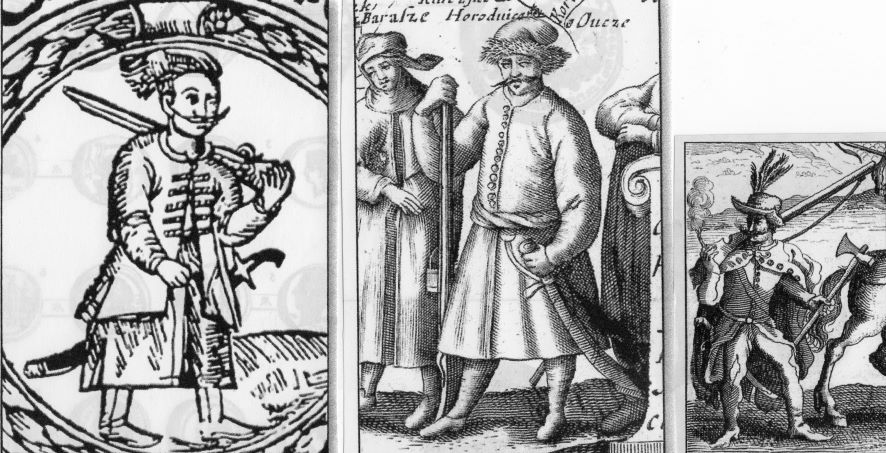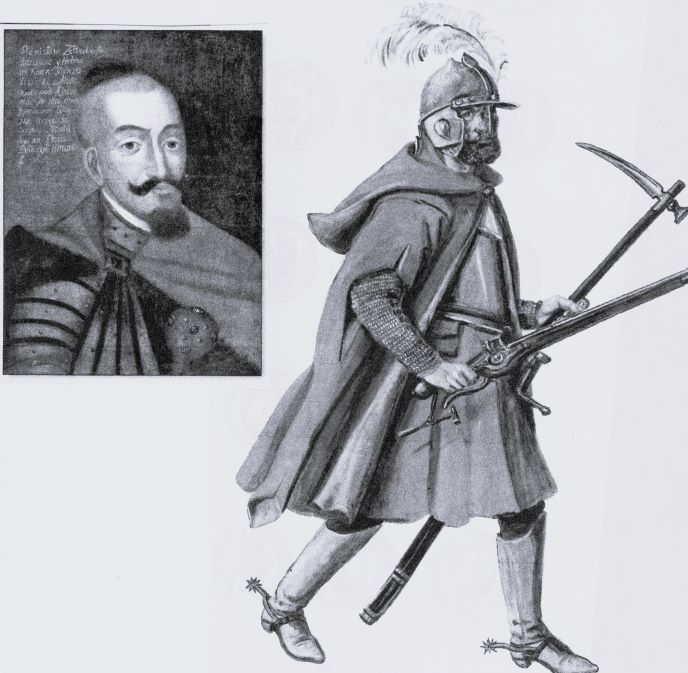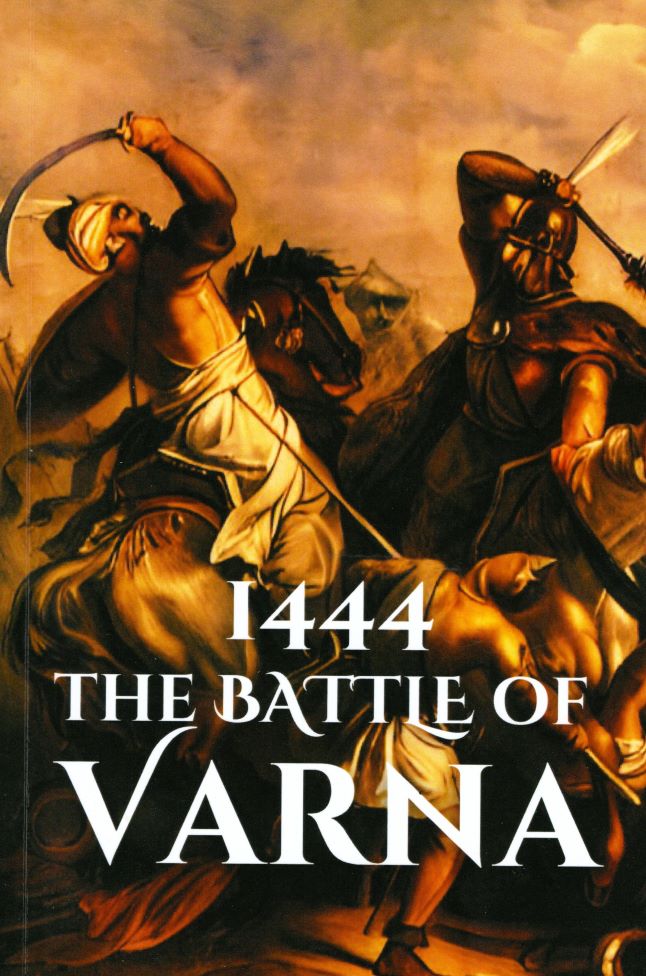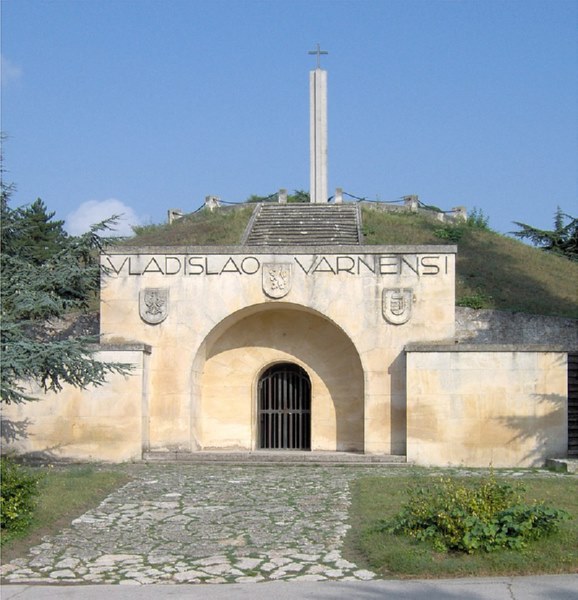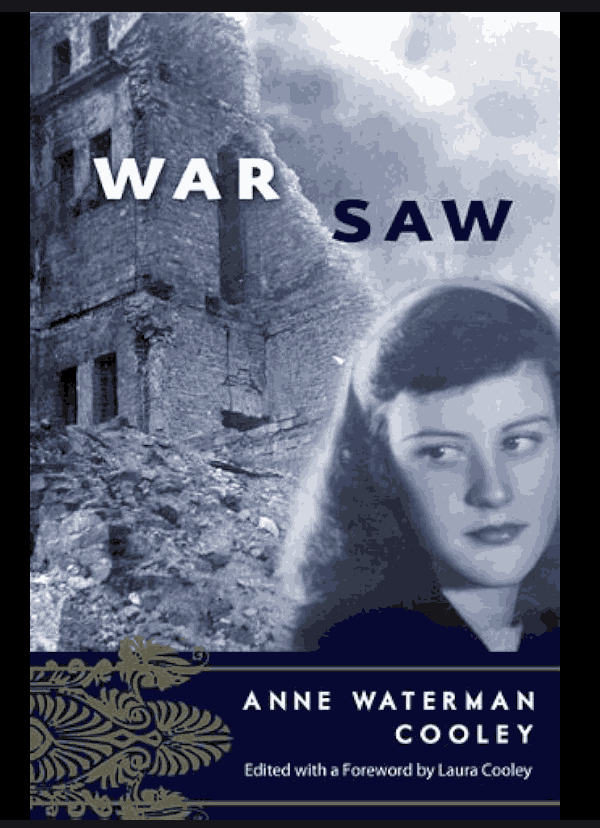THE WAR OF THE POLISH SUCCESSION, King Rama VI of Thailand, 1901.
The author, Rama, was not meant to be king. In 1895 he was made Crown Prince after his half-brother died. By 1898 he finished at the British Military Academy (Sandhurst) and was commissioned an artillery officer. In 1899 he studied history at Christ Church, Oxford. Right after he wrote this little history he suffered appendicitis and missed graduating. He was made king and ruled 1910 to 1925, dying at the young age of 44.
He was a famous writer who translated English and French literature into Thai. He wrote modern novels, short stories, poems and plays in Thai. He introduced his people to mystery and detective novels. Besides this history he contributed newspaper articles and journal pieces.
Europe entered the 18th century with wars of succession. Countries interfering in other countries by trying to determine the next in line to the throne. These maneuvers were attempts at alliances for power.
Right off was the War of the Spanish Succession (1701-1714) which could be considered a world war. It was fought in North and South America, the Caribbean and all over Europe. The death toll, including diseases, surpassed a million. The dead and wounded in three famous battles (Ramilles, Malplaquet, Blenheim) topped 76,000.
On the other side of Europe, at the same time, the Polish Civil War was going on during the Great Northern War. This was also a war of succession. Round two in the 18th century wars of succession was the War of the Polish Succession (1733-1735).
Rama covers different phases of the war. See the contents page image. Nations used this war as an excuse to gain their own diplomatic edge. Overall it was a Bourbon-Hapsburg duel with the Bourbons gaining Naples & Sicily.
On the Polish theater of operations there are some facts that were clarified for me. Firstly, August II of Poland, when he was getting sick, attempted to bribe Frederick William (Frederick the Great's father) of Prussia by offering to partition parts of Poland plus Polish Prussia and Courland in order to ensure his son got the Polish throne. August II feared the Austrian and Russian reaction so in a desperate move he tried to partition parts of Poland between them. Luckily the scumbag died finally.
Then Rama covers the details of Stanislaw Leszczynski's election and the debacle that followed. It seems that Theodore Potocki, the Primate Interrex, was an unsung hero.
But all was for naught. The Russians showed up along with Polish "malcontents" and King Stanislaw fled to Danzig. The siege of Danzig was described in detail and it ranks as another fiasco. This was the first time French and Russians faced off against each other.
"The appearance of a Russian army, for the first time in European history, on the banks of the Rhine, undoubtedly did much to hasten the conclusion of peace."
The Russians helped Austria. For Poland it was an unfortunate war. It reaffirmed the fact that Polish internal politics were in the hands of Europe's great powers. It reaffirmed the fact that Poland had no foreign diplomacy whatsoever. Poland lost Latvia to Russia and the Pacification Sejm ratified whatever Russia wanted. Augustus III of Saxony became king.
I needed to Google certain things as I read the book. The siege of Danzig and the southern Italian campaign are well written, understandable and covered in depth. Some Polish leaders, the confederation that supported King Stanislaw, the "malcontents" are skimmed over. I needed to further investigate them.
==================================================================================
I will say one character who showed up really aggravated me. MICHAEL WISNIOWIECKI. The very first time he decided to switch sides he should have been assassinated.
That's one thing I noticed in reading Polish history. Traitors, who caused death and destruction, were often embraced and forgiven. In Italy they would be assassinated Machiavellian-style, in Russia they were butchered at banquets, in the German states they faced firing squads, they were drawn and quartered in England, flayed in Turkey. In Sweden the traitor who provoked the Great Norther War was smashed on the wheel, limb by limb.
Lastly there are no good books or sources available covering the Commonwealth and the Great Northern War. This era was the beginning of the end of Polish independence. I'm in search of a book on the entire war that covers Poland's role in depth.
Any recommendations???
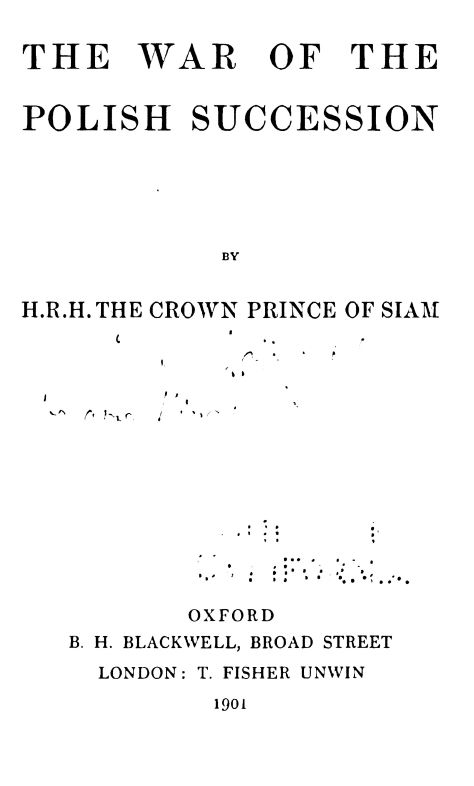
Title page.
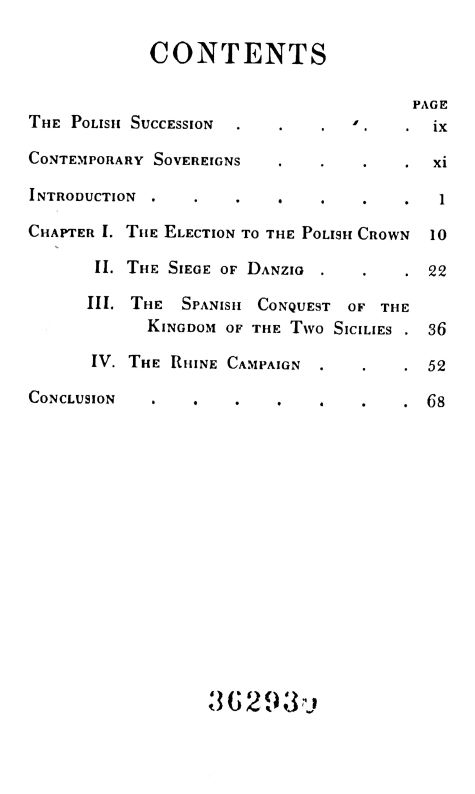
Contents.

